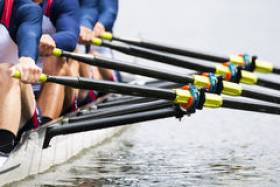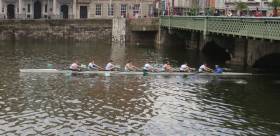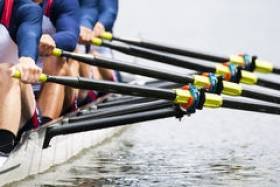Displaying items by tag: Dublin Head of the River
Dublin Head of the River Cancelled
Dublin's Head of the River has been cancelled. The organisers of the rowing event, set for Saturday, November 16th, felt the conditions on the course, especially at the weir, were not safe due to the heavy rainfall recently.
Commercial Best at Dublin Head of the River
#Rowing: Commercial took first and second at the Dublin Head of the River today. UCD took third. The fastest women’s crew was Trinity's senior eight and Commercial were the fastest women's junior 18 eight. Neptune’s boys formed the fastest men’s junior crew. Seventeen eights competed in the official race, with a number of crews also taking to the water on a time-only basis.
Dublin Head of the River, Saturday (All Eights; Selected Results): Men – Senior Eight: Commercial A 10 minutes 54 seconds. Inter: Neptune 11:35. Club: Commercial 12:53. Junior 18: Neptune 12:05. Masters: Neptune 13:08.
Women – Senior: Trinity 12:57. Intermediate: Trinity 14:07. Club: Neptune 14:19. Jun 18: Commercial 13:45.
St Michael's and Dublin Heads Cancelled
#Rowing: The St Michael’s Head of the River, set for this Saturday, March 12th, has been cancelled because of increased water levels at O’Brien’s Bridge. This event was rescheduled, after an earlier cancellation.
The Dublin Head of the River, scheduled for March 26th, has also been cancelled. The organisers say that conditions on the weir at Islandbridge would not be safe. Offaly head, on this date, will accept entries for all standard grades except eights.
































































